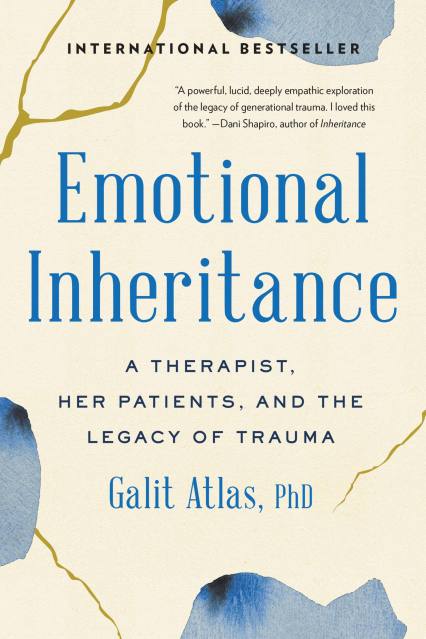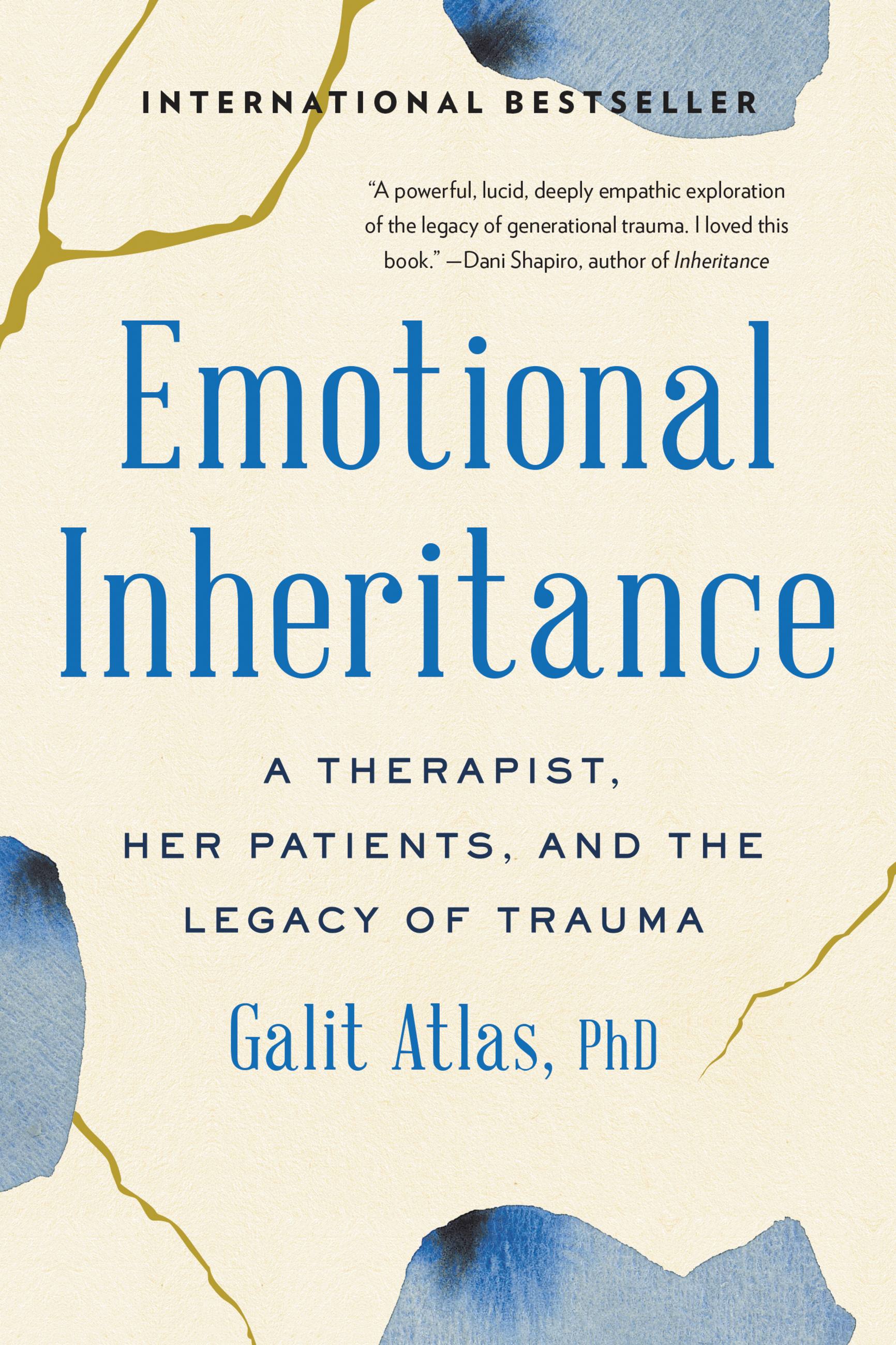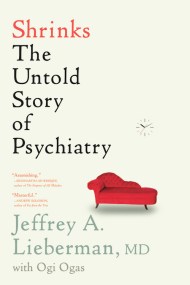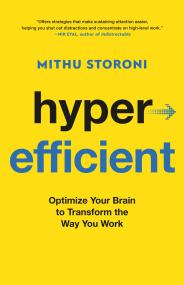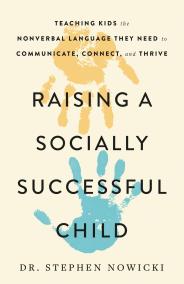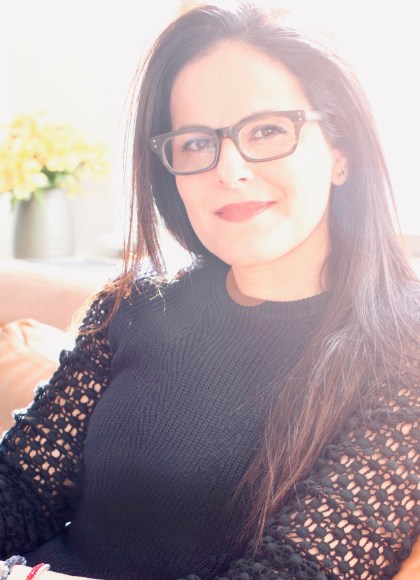By clicking “Accept,” you agree to the use of cookies and similar technologies on your device as set forth in our Cookie Policy and our Privacy Policy. Please note that certain cookies are essential for this website to function properly and do not require user consent to be deployed.
Emotional Inheritance
A Therapist, Her Patients, and the Legacy of Trauma
Contributors
By Galit Atlas
Formats and Prices
- On Sale
- Jan 25, 2022
- Page Count
- 288 pages
- Publisher
- Little Brown Spark
- ISBN-13
- 9780316492119
Prices
- Sale Price $2.99
- Regular Price $11.99
- Discount (75% off)
Prices
- Sale Price $2.99 CAD
- Regular Price $15.99 CAD
- Discount (81% off)
Format
Format:
- ebook $2.99 $2.99 CAD
- Audiobook Download (Unabridged) $27.99
- Trade Paperback $19.99 $25.99 CAD
This item is a preorder. Your payment method will be charged immediately, and the product is expected to ship on or around January 25, 2022. This date is subject to change due to shipping delays beyond our control.
Buy from Other Retailers:
Award-winning psychoanalyst Dr. Galit Atlas draws on her patients' stories—and her own life experiences—to shed light on how generational trauma affects our lives in this "intimate, textured, compassionate" book (Jon Kabat-Zinn, author of The Healing Power of Mindfulness).
The people we love and those who raised us live inside us; we experience their emotional pain, we dream their memories, and these things shape our lives in ways we don’t always recognize. Emotional Inheritance is about family secrets that keep us from living to our full potential, create gaps between what we want for ourselves and what we are able to have, and haunt us like ghosts.In this transformative book, Galit Atlas entwines the stories of her patients, her own stories, and decades of research to help us identify the links between our life struggles and the “emotional inheritance” we all carry. For it is only by following the traces those ghosts leave that we can truly change our destiny.
Genre:
-
"An intimate, textured, and compassionate exploration of intergenerational trauma, how it is carried and transmitted within families, and how it can be skillfully invited in, recognized, attenuated, and perhaps resolved through the therapeutic relationship, metabolizing what has hitherto not been named or nameable."Jon Kabat-Zinn, author of The Healing Power of Mindfulness
-
"Beautiful, artistic, and elegant. Dr. Atlas skillfully uses stories from her practice to explore the archeology of transgenerational trauma. The descriptions of the therapeutic process pull you in; you come to know both patient and therapist. In doing so, you cannot help but reflect on your own journey. Emotional Inheritance is a gem for anyone, but it is an essential read for those seeking to understand trauma, therapy, and the healing process."Bruce D. Perry, MD, PhD, coauthor (with Oprah Winfrey) of the #1 New York Times Bestseller What Happened to You?
-
“Atlas’s heady and beautiful book offers much insight, as well as tools for beginning to unpack the stories we’re living, stories that aren’t actually ours to live.”Oprah Daily
-
"Dr. Atlas writes with profound living compassion for those who have carried, in their bodies, minds, hearts, spirits and souls, the most often unspoken and secret traumas of their own hurt elders. As a first-generation American child growing up in my tough family of war refugees, deportees—the ethnically cleansed, struggling immigrants, I humbly assert that I know about generational traumas in depth. I recognize Dr. Atlas as one who writes in full knowing detail—about what I call in my work, ‘the generational wound."Dr. Clarissa Pinkola Estés Reyés, author of Women Who Run with the Wolves
-
"With elegance, Galit Atlas explains the troubling and nourishing aspects of our emotional inheritances. She deftly shows why the hurts and stuckness that can plague us can be faced and, yes, dissolved. Contemporary psychoanalysis at its best. And good storytelling, too."Susie Orbach, author of Fat Is a Feminist Issue
-
"An illuminating book. The stories Dr. Atlas shares reveal the potency of our inherited wounds, showing how the experiences of our ancestors shape our lives in quiet but far-reaching ways, and how we all have the potential to heal."Lori Gottlieb, author of Maybe You Should Talk To Someone
-
"Galit Atlas has given us a gift with her book Emotional Inheritance. With warmth and compassion, she is able to show the reader the ways our present challenges could be linked to our inherited past. Using patient stories and her own experiences, we are taken on a journey of discovery. By sharing these stories, she gives us a glimpse behind our own curtains and helps us understand that if we are open to the possibility of hope, now might be the right time to break the silence our ancestors have held for so long."Sharon Salzberg, author of Real Happiness
-
"A powerful, lucid, deeply empathic exploration of the legacy of generational trauma, Emotional Inheritance makes clear that Galit Atlas is not only a gifted psychoanalyst, but a gifted writer as well. I loved this book and was stirred by it.”Dani Shapiro, author of Inheritance
-
“This book is full of great wisdom, expertise, and humanity. An important, terrific, gripping read.”Dr. Anne Alvarez, author of Live Company
-
“Emotional Inheritance offers extraordinary insight to readers who feel stuck in life-long patterns and sense they are haunted by ghosts from their family's past. Dr. Atlas deftly shares her own history and that of her patients, while seamlessly weaving in the relevant psychological research. Dr. Atlas's book reads like a propulsive page-turner, while also offering deep psychological insights about inherited trauma and family secrets. This book will undoubtedly change lives and help readers unlock their unfulfilled potential.”Christie Tate, author of Group
-
“Galit Atlas takes up Tolstoy’s assertion—‘Happy families are all alike; every unhappy family is unhappy in its own way’—as she narrates the ways in which traumas are uniquely held within families. Dr. Atlas tells the layered stories of her patients, as their traumas reverberate with her own history of trauma and loss. The intimacy of the storytelling captures the recognition and repair that Dr. Atlas undertakes with her patients. Together they exhume the secrets and the ghosts that carry and bury trauma, pulling the reader into the present through the past, in order to break into the potential that is the future. Such potential is not a simple, sunny vale. Unhappy families are not made unthinkingly happy. But as Dr. Atlas demonstrates through her graceful generosity, bringing secrets and ghosts into the daylight offers the potential for new stories, more life, and the liberation called happiness.”Ken Corbett, PhD, author of A Murder Over a Girl
-
“A truly wise and daring book, Emotional Inheritance is an utterly compelling account of how the unconscious passage of trauma from one generation to the next is revealed in psychotherapy. With her special gift for evocative narrative, Dr. Atlas makes us present as witnesses to powerful stories of sorrows held in secret, of children who carry those sorrows forward, knowing without knowing what darkens their lives. Illuminating the meaning of such histories with splendid insights, this book will deeply satisfy whoever has wondered what psychoanalysis can offer in the present world.”Dr. Jessica Benjamin, author of The Bonds of Love
-
“Galit Atlas's Emotional Inheritance is insightful, perceptive, and provocative—but also tender, touching, and personal. Talented clinicians are not always talented writers, but Dr. Atlas is, and her stories will stay with you. The world of epigenetics is in its infancy for most of us, but Dr. Atlas uses ordinary language to explain how we are born with psychological legacies that we cannot escape, but which we can, with her help, understand.”Juliet Rosenfeld, author of The State of Disbelief
Newsletter Signup
By clicking ‘Sign Up,’ I acknowledge that I have read and agree to Hachette Book Group’s Privacy Policy and Terms of Use
